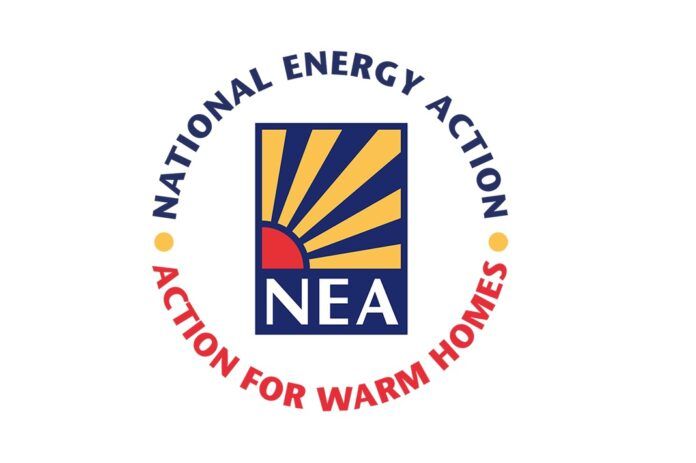
The government has released its official Fuel Poverty Statistics for England showing 3.26m households are in fuel poverty.
National Energy Action (NEA) previously warned that this target would be missed by 150 years on current progress. Based on today’s new figures, the charity estimates it would now take 300 years to catch up.
The data indicates that the government has failed to meet its interim target of getting fuel poor homes to EPC E by 2020, ahead of its statutory target for all fuel poor homes to EPC C by 2030.
Last February, the average annual energy bill was £1,271 and now it is £2,500 but set to rise to an annual average of £3,000 from April.
Further, new polling by YouGov for NEA of 2,055 adults in Great Britain shows that 85% of respondents say that they support the UK government providing financial support to low-income homeowners. The data also notes less support (58%) for the UK government providing help to middle income homeowners and overall opposed it (80%) for high-income homeowners.
The polling also showed of Great British adults preferred the UK government to prioritise the most vulnerable when it comes to providing financial support to improve the energy efficiency of their homes. This includes low-income households (32%), clinically vulnerable people (39%) and the elderly (40%).
Adam Scorer, chief executive of NEA, said: “Over 3.2m households in England are in fuel poverty according to government data released but the worst of the energy crisis is not represented – people being forced to self-disconnect, struggling with ice on the inside of their windows and living with damp and cold. And the situation will not get better.
“From April the average annual bill will rise from £2,500 to £3,000 and that means without government intervention – both for energy efficiency measures and financial support with bills – the number in fuel poverty will continue to rise.”
